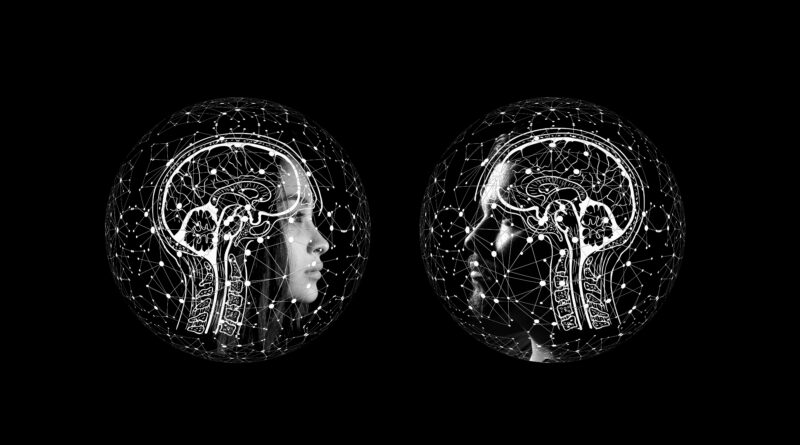The Promise of Quantum Computing: Unlocking Unprecedented Processing Power
Quantum computing represents a paradigm shift in the world of computing, offering the potential to solve complex problems that are currently beyond the reach of classical computers. With its unique ability to leverage the principles of quantum mechanics, quantum computing holds the promise of unlocking unprecedented processing power. This article delves into the principles of quantum computing, explores its potential applications, and discusses the challenges that need to be overcome to realize its full potential.
Understanding Quantum Computing:
Traditional classical computers use bits to represent and process information, where each bit can be either a 0 or a 1. In contrast, quantum computers use quantum bits or qubits, which can exist in multiple states simultaneously due to a phenomenon called superposition. This property allows quantum computers to perform massive parallel computations, exponentially increasing processing power.
Applications of Quantum Computing:
Quantum computing has the potential to revolutionize various fields by solving complex problems more efficiently. Some potential applications include:
a. Optimization and Simulation: Quantum algorithms can optimize complex systems, such as supply chains, transportation networks, and financial portfolios. They can also simulate physical systems, enabling breakthroughs in material science, drug discovery, and climate modeling.
b. Cryptography and Security: Quantum computers can break many of the encryption algorithms currently used to secure sensitive information. However, they also offer the possibility of developing quantum-resistant cryptographic techniques that can withstand attacks from quantum computers.
c. Machine Learning and Artificial Intelligence: Quantum computing can enhance machine learning algorithms by exponentially speeding up tasks such as pattern recognition, data analysis, and optimization.
d. Quantum Chemistry and Molecular Modeling: Simulating chemical reactions and molecular structures accurately is a computationally intensive task. Quantum computers can provide more precise simulations, leading to advancements in drug design and material science.
Overcoming Challenges:
Despite its immense potential, several challenges need to be addressed before quantum computing becomes a mainstream technology:
a. Quantum Hardware: Building reliable and scalable quantum hardware is a significant challenge. Quantum systems are highly sensitive to environmental noise, and qubits are prone to errors. Advances in error correction, qubit stability, and scalability are essential for practical quantum computing.
b. Quantum Algorithms: Developing algorithms that can harness the power of quantum computing effectively is an ongoing area of research. Designing and optimizing quantum algorithms for specific applications is crucial to realizing the full potential of quantum computers.
c. Quantum Error Correction: Quantum systems are prone to errors due to environmental factors and noise. Developing robust error correction techniques that can detect and correct errors is vital for maintaining the integrity of computations in quantum computers.
d. Standardization and Interoperability: Establishing industry standards and protocols will be crucial for the widespread adoption and interoperability of quantum computing systems. Collaboration among researchers, technology providers, and policymakers is necessary to ensure a cohesive and secure quantum ecosystem.
Quantum computing holds tremendous promise in unlocking unprecedented processing power and revolutionizing various industries. Its ability to solve complex problems exponentially faster than classical computers opens up new frontiers in optimization, cryptography, machine learning, and scientific research. However, challenges in hardware development, algorithm design, error correction, and standardization must be addressed to realize the full potential of quantum computing. With continued research, innovation, and collaboration, quantum computing has the potential to transform the way we solve problems and push the boundaries of human knowledge.










